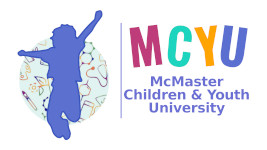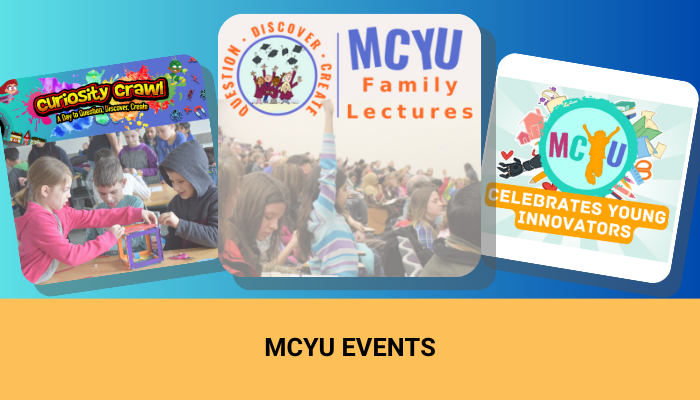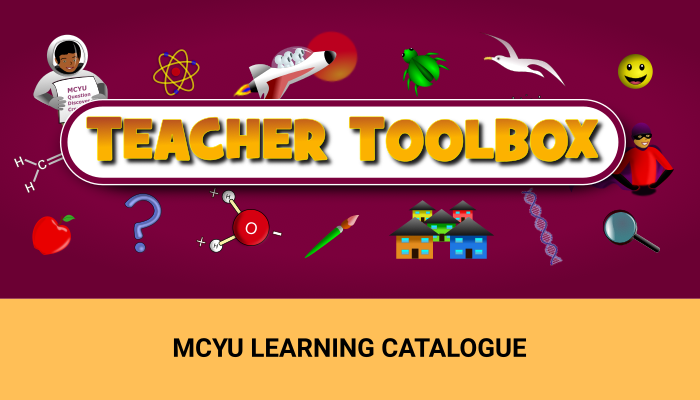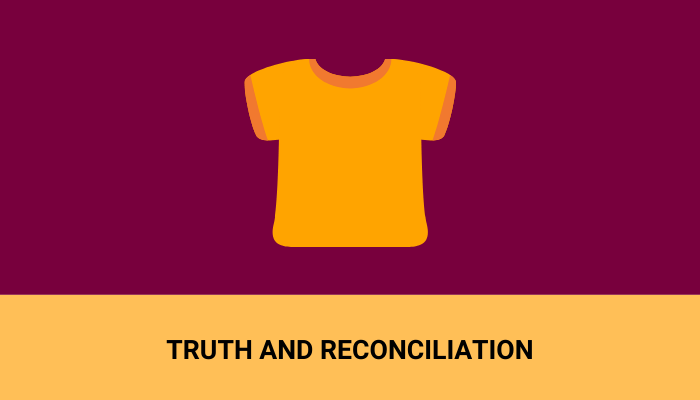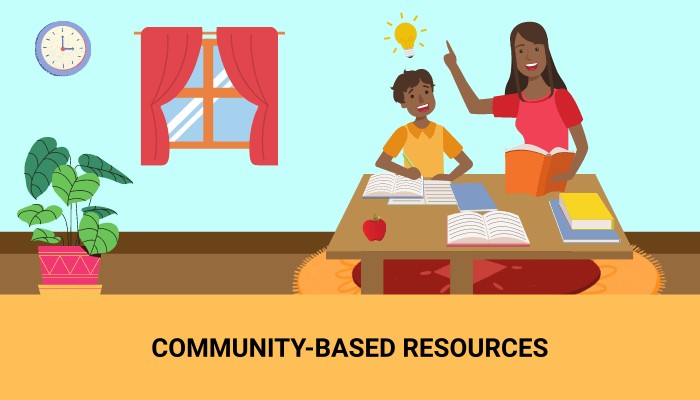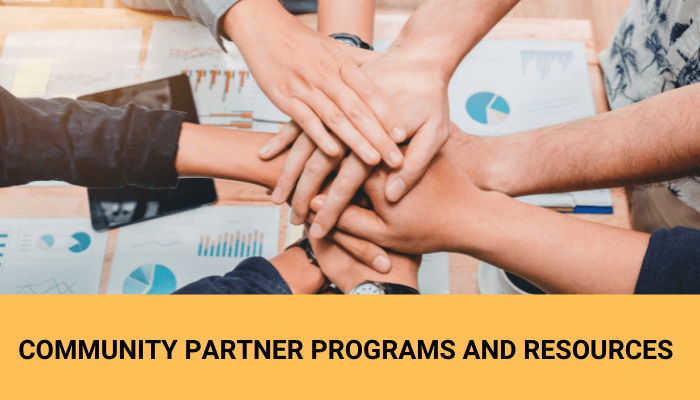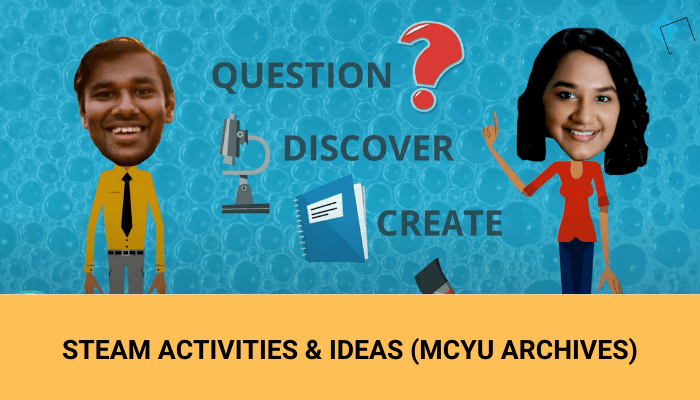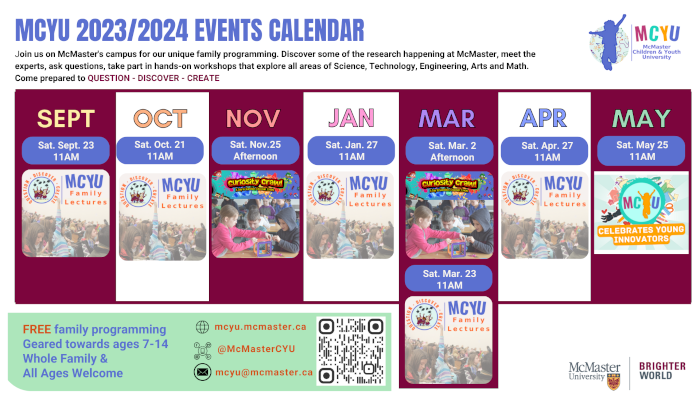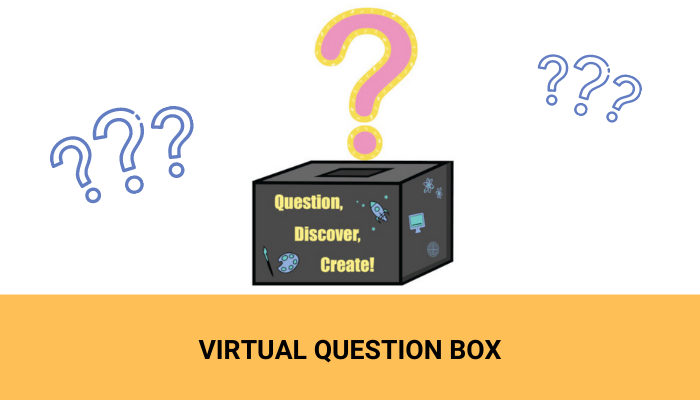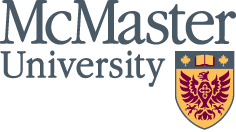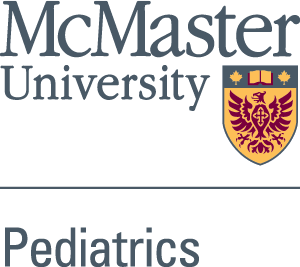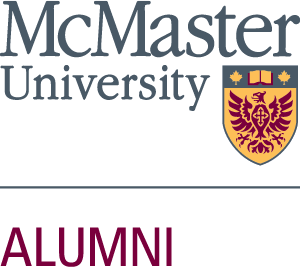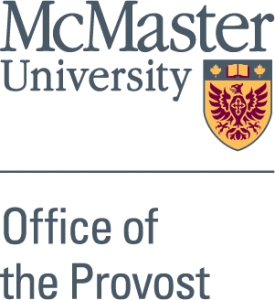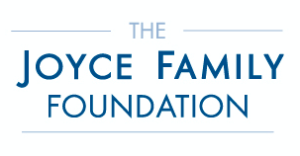Home
Welcome to the McMaster Children & Youth University (MCYU)
MCYU delivers free programming for children and youth ages 7-14 in all areas of science, technology, engineering, arts and math (STEAM). All of our programs are developed around our guiding philosophy: QUESTION – DISCOVER – CREATE™.
QUESTION |
DISCOVER |
CREATE |
Our in-person programs bridge the gap between the university and the wider Hamilton community by sharing the exciting research happening at McMaster University in a way that is fun and accessible to ALL children and youth. Our goal is to empower and academically prepare youth, especially those at a socioeconomic disadvantage, to aspire to university education in subject areas such as science, technology, engineering, arts and mathematics (STEAM).
Youth, families, schools and community agencies can currently engage with us at our Family Lecture Series presented by University Professors. Educators can book an online MCYU in the City Workshops to visit their class and all are welcome to explore the MCYU Learning Catalogue for asynchronous STEAM Learning activities.
Testimonials
“MCYU is the greatest place for a kid! To be free to be a kid who wants to learn is awesome, to be allowed to spend time at our University makes me feel special”
– MCYU Youth Participant
“The kids absolutely loved the workshops and were very engaged and excited about their learning!”
– Teacher
“Besides the wonderful lectures, the program de-mystifies university for children – particularly those whose parents did not attend university. It also reinforces the idea of lifelong learning. Way to go!!”
– Parent
“I returned as a facilitator as I really enjoyed my experiences with MCYU in the past and have always found it very exciting to collaborate with students from other departments while applying our theoretical knowledge to create fun and intriguing exercises”
– McMaster Student Facilitator

